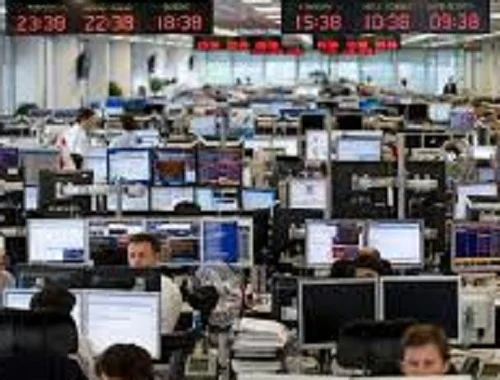European warrants traders "losing millions" - report
24th November, 2020|Luke Jeffs

The new report from the prop traders' trade body said the European warrants market is expensive and risky compared with European options
European warrants investors are “losing millions of euros a year” because the European warrants market is a “closed shop” that restricts competition and inflates prices, new research has concluded.
The European Principal Traders Association (Epta) published on Tuesday a report called “Higher Cost, Higher risk” that found European warrants investors are subject to artificially high trading costs when compared with investors in European options.
The trade body, which represents futures and options traders, also claimed European warrants investors are exposed to higher levels of liquidity and counterparty risk due to a lack of competition among liquidity providers and the absence of clearing houses.
Epta said its conclusions were based on a “side-by-side” analysis that compared the costs of using European warrants and options.
Amsterdam-based Epta said in its report: “Investors trading on Europe’s warrants markets are losing millions of euros a year because of its ‘closed shop’ structure which inflates prices compared to comparable products on more open and competitive markets.”
The trade body said its analysis, conducted over the summer, tracked a BMW warrant listed on Boerse Frankfurt and an equivalent BMW option on Frankfurt-based exchange Eurex.
Epta’s study found “a 5.6% higher price to get the same exposure in BMW when you trade the warrant over the options”.
The trade body, part of the FIA, wrote: “In Switzerland, our study finds investors would be on average up to €198 (£173) per trade worse off and in Italy, the loss per trade was €24.”
The costs are only one issue however, according to Epta, which also raised concerns in the report about counterparty and liquidity risks.
The body argued the lack of competition in European warrants has fuelled concerns about liquidity drying up in times of market stress and the fact that the warrants market does not use clearing houses has increased counterparty risk.
“FIA EPTA concludes that warrants markets operate as a closed shop with many investment firms prevented from trading and bringing more liquidity, price transparency and competition to the markets.”
The trade body added: “Based on these findings we would suggest that new market structure measures and regulation need to be introduced to enable independent liquidity provision, which would increase the competitiveness of individual warrants and allow for fair and reasonable pricing in the warrants market.”
Epta concluded: “Our research findings are significant enough for us to warn retail investors to avoid warrants markets until exchanges enable greater competition and improve liquidity and more competitive pricing, especially during periods of high volatility such as recently experienced during the COVID-19 pandemic.”
The warning comes after a period of significant growth in the European warrants market.
Epta said: “Trading in warrants has increased significantly since the onset of the COVID-19 crisis, with 1.82 billion standard warrants traded (up 71%) and 3.67 billion knock-out warrants traded (up 93.5%) in March alone on the Frankfurt exchange which is representative of the trend in volumes seen across all European warrants markets. Most of the activity takes place on smaller exchanges in Germany, Italy and Switzerland.”
The FIA said in October it will add next year more clearing houses to its new CCP Tracker.


